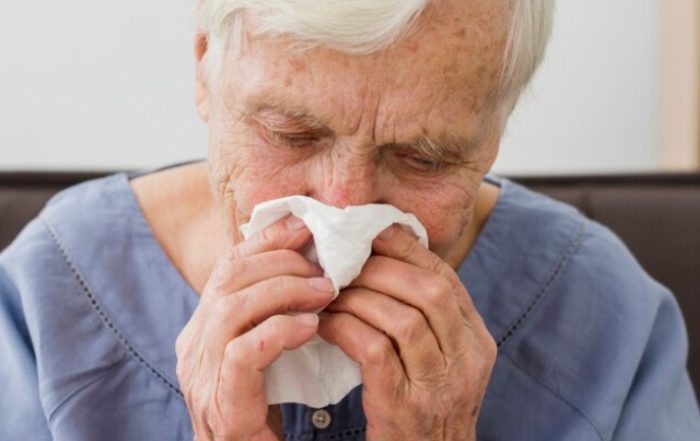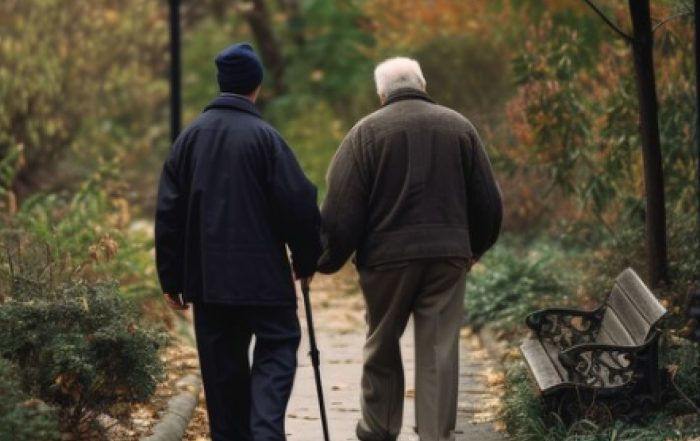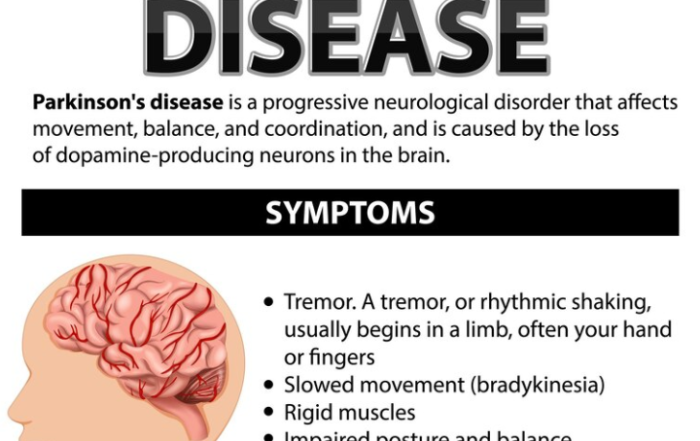The importance of a good night’s sleep does not change with age. Older adults need about the same amount of sleep as all adults—7 to 9 hours each night. But older people tend to go to sleep earlier and get up earlier than they did when they were younger. There are many reasons why seniors may not get enough sleep at night. Feeling sick or being in pain can make it hard to sleep. Some medicines can keep you awake. Not getting enough sleep can cause irritability, depression, memory struggles and an increased risk of falls.
Insomnia, the inability to fall asleep or stay asleep is common in older adults. Some ways to combat this is following a sleep schedule, developing a consistent bedtime routine, avoid napping and avoid screen time once you are in bed. Avoiding alcohol and caffeine can also help enhance your sleep.
Use your bedroom only for sleeping. After turning off the light, give yourself about 20 minutes to fall asleep. If you’re still awake and not drowsy, get out of bed. When you feel sleepy, go back to bed.
Some people find that relaxing their bodies puts them to sleep. One way to do this is to imagine your toes are completely relaxed, then your feet, and then your ankles are completely relaxed. Work your way up the rest of your body, section by section. You may drift off to sleep before getting to the top of your head.
If you feel tired and unable to do your activities for more than 2 or 3 weeks, you may have a sleep problem. Talk with your doctor about changes you can make to get a better night’s sleep.




